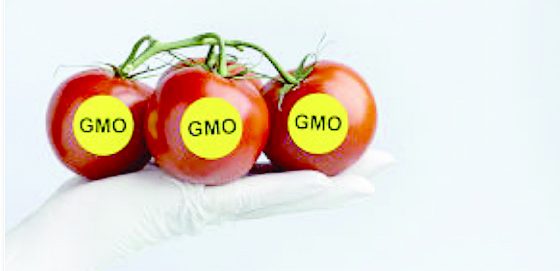Kenya must tread carefully in GMO food adoption

A biosafety conference in Naivasha on June 10-12, 2025, will focus on “building trust and ensuring the safety of Genetically Modified Organisms (GMOs)”.
Officials are urging Kenyans to trust science and embrace GMO benefits, but Kenya must proceed with caution.
GMO foods are still limited on Kenyan dinner tables.
The country is primarily in the trial and early commercialisation phases, with Bt cotton as the main approved crop.
Most food crops are conventional varieties, though the government plans to release GMO maize seeds for the 2025 planting season – making Kenya the only East African country to do so.
Kenya’s situation mirrors greater Africa, where only 11 of 54 countries have approved GM crop cultivation: Burkina Faso, Egypt, Eswatini, Ethiopia, Kenya, Ghana, Nigeria, South Africa, Sudan, and Zambia.
Notably, only seven have proper regulatory legislation overseeing GMO crops.
In contrast, GMO foods are ubiquitous globally, though consumers often don’t realise it due to poor labelling.
Widespread GMO crops – soybeans, corn (maize), cotton, and canola – appear in packaged foods, cereals, soft drinks, and vegetable oils.
The US has over 90 per cent GMO adoption for corn, soybeans, and cotton, with similar patterns in Argentina, Brazil, and Canada.
The European Union maintains stricter regulations and lower adoption.
Kenya’s GMO direction is evolving worryingly rapidly, demanding citizen vigilance.
The government lifted a 10-year import moratorium in 2022, sparking renewed debate and court challenges.
Authorities have approved Bt cotton planting and 58 GMO projects: 40 for contained lab or greenhouse use, 15 for field trials, and three for commercial cultivation.
While some courts issued temporary injunctions against lifting the GMO ban, the High Court dismissed several challenge petitions in late 2024.
GMO proponents cite potential benefits, including higher yields, drought resistance, reduced pesticide use, enhanced nutrition, lower labour costs, and increased farmer profits.
But significant concerns persist: Unintended environmental consequences, harm to beneficial insects, farmer dependence on multinational seed companies, higher seed costs, unknown long-term health and environmental impacts, and threats to traditional farming practices and seed varieties.
Corporate control of seed markets raises questions about agricultural diversity and farmer independence, especially in developing countries like Kenya.
This is why the Naivasha conference should address not only scientific safety but also the socioeconomic implications of widespread GMO adoption.
Kenya must balance potential agricultural benefits against legitimate concerns about corporate control, environmental risks, and preservation of traditional farming systems.
Citizens deserve complete information to make informed decisions about their food future.















